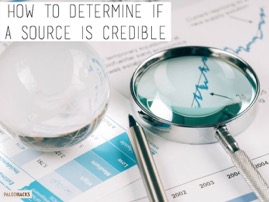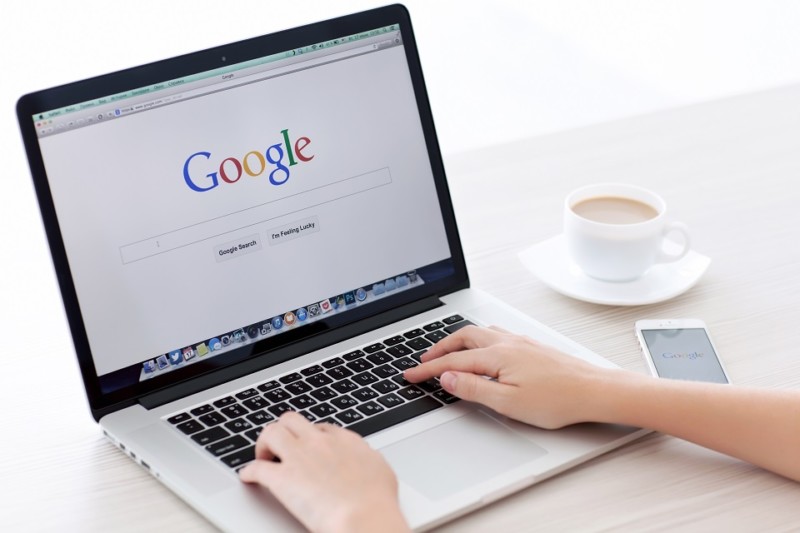By now, we are all sensitized to the “false news” that pops up in various social media avenues. But there is also a lot of false news in the conventional media and in the academic world as well. It is estimated that 15% of articles in academic journals are fake or manipulated. So how does one protect his/her work?
People are exposed to a vast amount of information every day—whether you’re a professional consultant interpreting and analyzing data, a student writing a report, or someone just at home listening to the news—it is very important to trust and challenge the information you come across to make sure you are not misinformed.
1. Information Growth
Available information is doubling about every two years. Much of it is not accurate or properly carried out. As a researcher/analyst/consultant, you need to distinguish and understand:
- Cause and effect
- Associations
- Hypotheses
- Hunches
- Speculation
- Assumptions
- Beliefs
- Always be questioning and skeptical
- Check with peers and colleagues
2. Accuracy and Objectivity
You’re responsible for ensuring accuracy. You cannot just quote another source—or even your own data—without being able to explain it and how it was obtained.
3. Cross Checking
Data can often be verified through multiple sources. Even “official” numbers/information may be only an estimate; may be suppressed; may be wrong.
4. Evidence
Your analysis is only as good as the evidence you provide. Assumptions and suppositions are not evidence—they are just hunches and guesses. Far too many decisions being made by agencies and governments are “evidence light.” Make sure your analysis is based on very reliable evidence to bulletproof your work.






